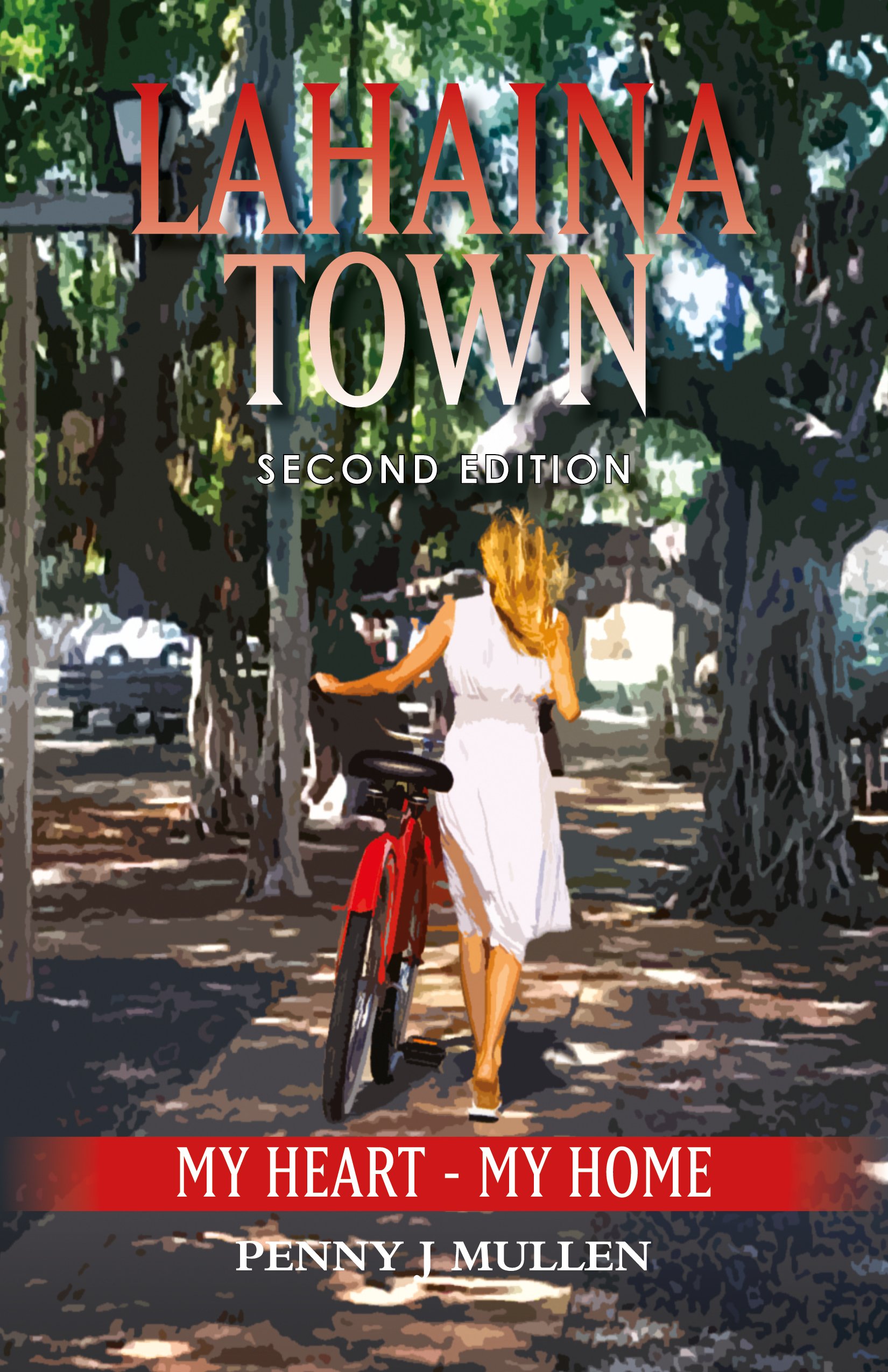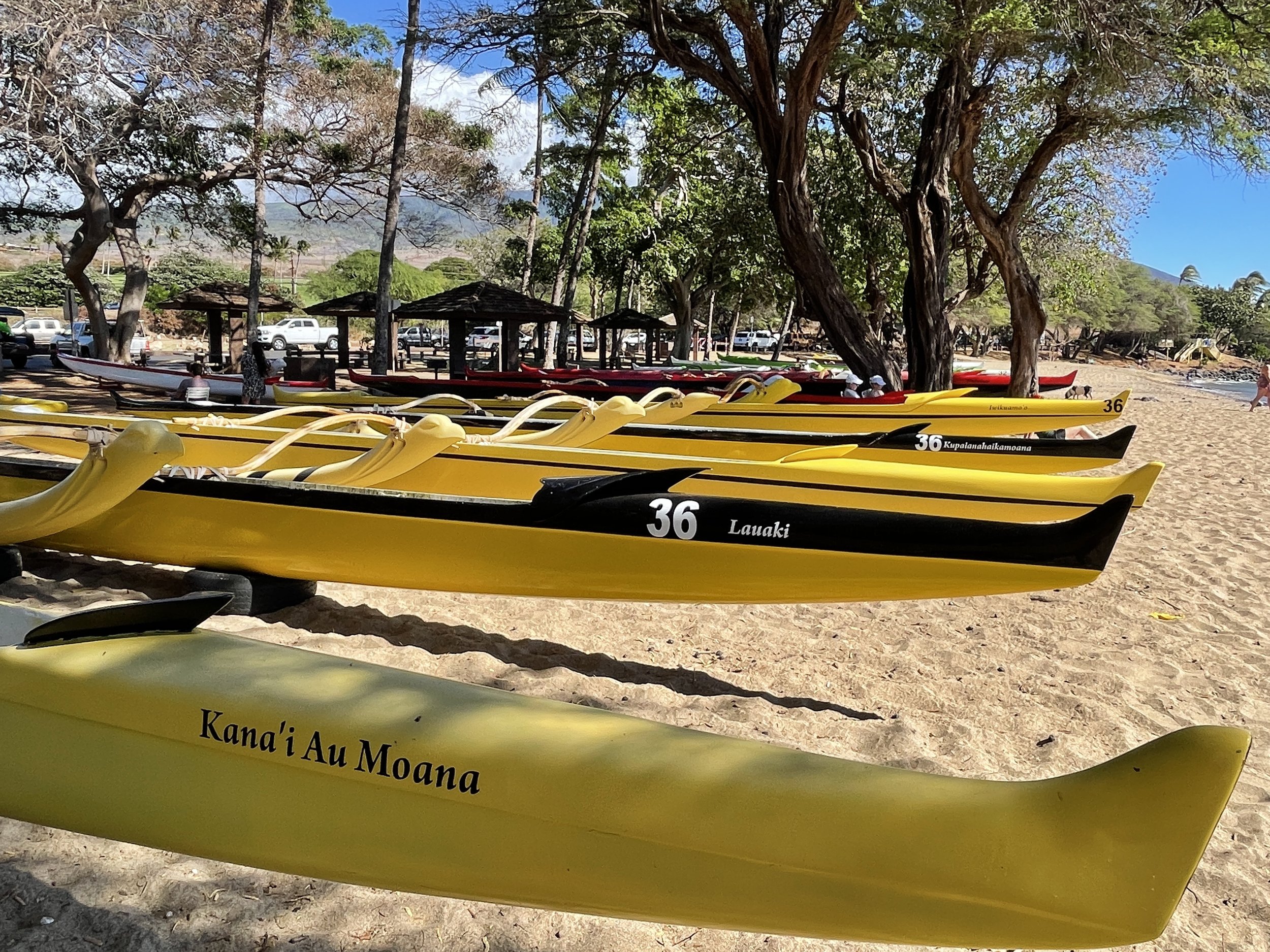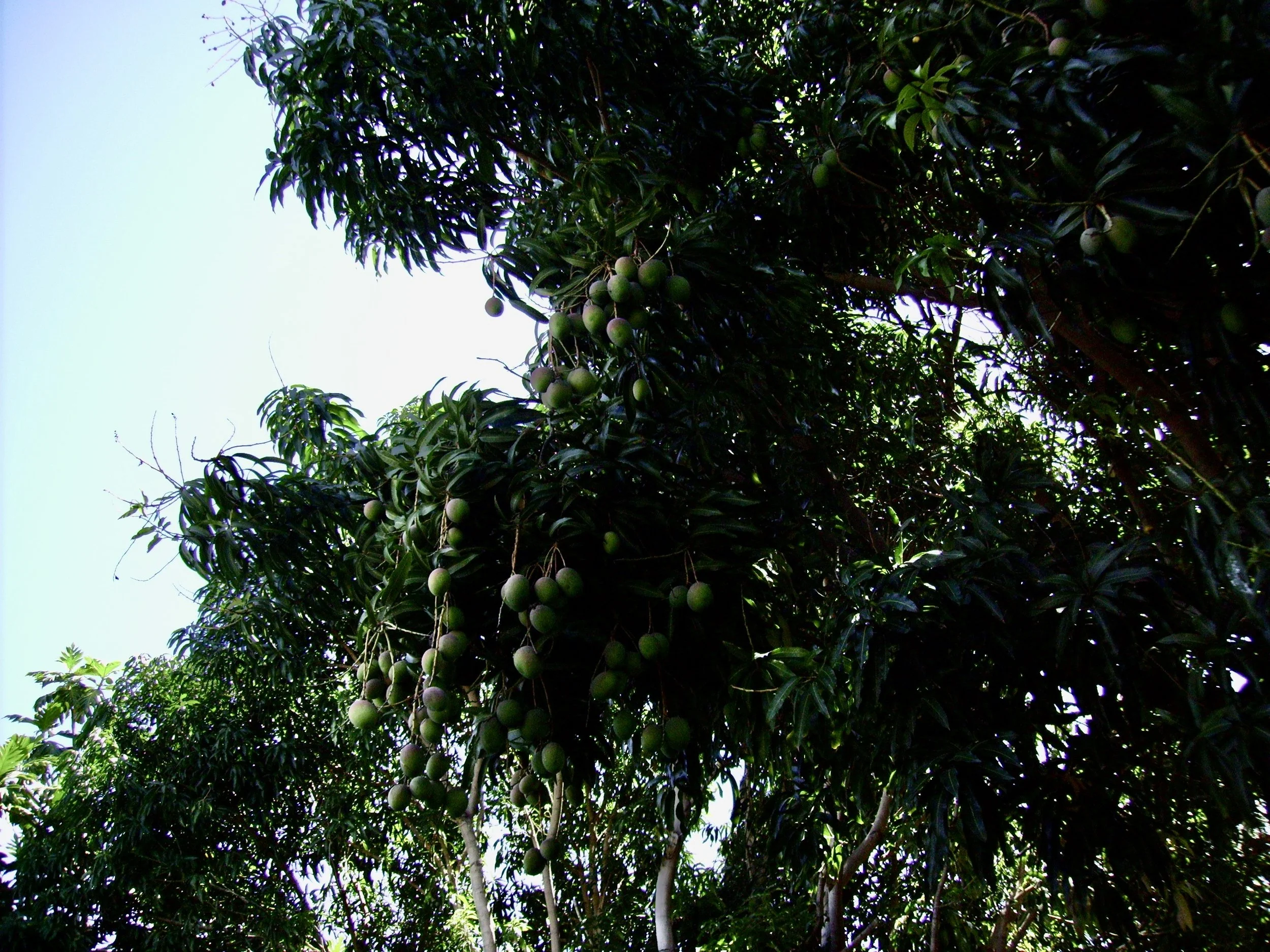
Lahaina Trilogy
Dream it
Lahaina Trilogy Dream it
Reviews …
“Penny’s pidgin is near perfect; I could hear it while reading, and it added a necessary element, knowing its intent was genuine. While the most apparent aspect of the book is its wry humor, with that comes a depth that sneaks up on you and hits powerfully and without bombast. The chapters were perfect in acting almost like vignettes, and knowing she experienced all of this firsthand and was able to capture everything with such an eye (and ear!) made this an exceptional reading experience.”
— K.J. Wetherholt https://www.kjwetherholt.com
“This was one of the most entertaining nonfiction reads I've encountered in a long time. I thoroughly enjoyed it. Throughout the chapters, I just wanted to meet you, shake your hand, and laugh with you. And from afar, I did. Did you feel the handshake? Did you hear my laughter? Thank you for a great story.”
— Janet Fix, editor-in-chief, thewordVerve
Excerpts
Chapter 19
In knee-deep water, daydreaming about someday, I saw a school of… fish? Something was in the shadows—or was it the shadows? As it came closer, I saw white spots on the tips of dozens of black wings churning up the water. Suddenly, spotted rays were circling my knees. They swam in a group, going out thirty or so feet, only to circle back in again. Round and round, in and out, they went. I stood, mesmerized, for several minutes.I am not leaving until they do. I’ll never be this lucky again.
“Hihimanu,” a voice behind me said.
“Pardon?” I asked, turning to see a thin, weathered, old man behind me on the sand.
“Das da name fo' da spotted ray. Hihimanu. It mean el-e-gant-bird.”
“Ooh—thank you for telling me. They’re—magnificent,” I said struggling to find a word worthy to describe them.
“It mean dat too.”
“What?”
“It mean ‘mag-ni-fi-cent’ too,” he said, laughing. “Dey stay smaht—git da beegest brain of any fish. Dees ones keiki.” (Children).
He took a few slow, quiet, steps into the water to stand beside me.
“I’m so glad I came today,” I said. “How often do they come this close?’
“I been hangin on dis beach fo' ahmos' fifty yea', an I nevah see dis befo. Hawaiian legend say da first person dat see dem git choke good luck.”
“No kidding. Really?”
He smiled mischievously, “Naaaw.”
Breaking into laughter, he nudged me, throwing me off balance, almost sending me sideways into the drink. Regaining my footing, I scrunched my nose at him and said, “You one buggah!”
“Oh, I jus like play one litto joke, sistah. Wat yo name?”
“Penny, and I could use some good luck—or maybe just a real Hawaiian legend about good luck. Anything.”
“You not da good luck penny den?” He said, laughing. “My name Cuddy, I stay at dat Canoe Hale (ha-lay) mos days,” he said pointing to a collection of small beach huts on stilts. “Come sit sometime an I tell you all kine Hawaiian legends.”
Chapter 30
Lying awake that night, I wondered if there was such a thing as a battery-powered fan and questioned why my trees had mangos in October. Isn’t there a growing and a not-growing season?
By morning, it had become one of those things I had to know, so that afternoon, I asked the question of a group of normal and marginally-normal friends (some were in transition one way or the other) under the Tree about it.
“You should be happy you even have mangos,” they said, chastising me. “Especially Hayden mangos—the biggest and best!”
“But I don’t even like mangos,” I defended myself. “They taste like peaches marinated in paint thinner, and they are all over my yard, all slimy, and buggy, and smelly.”
Before I finished the sentence, they collectively inhaled. Jaws dropped, and shock blanketed every face. They looked at each other. Did she really just say that?
I could have sworn the temperature dropped by ten degrees, as if each of them were a molecule in an imaginary mood ring capable of sending out a chilly blast of air toward mango haters. One would think I’d just said I hate babies or puppies or … the flag. I’d probably be drummed out of both factions of the Friends of the Tree Society. I might even lose my (admittedly premature) local status. Obviously, it’s a hanging offense to say you hate mangos in Hawai'i. I looked up at the Tree and pictured hundreds of mango haters swinging from its branches.
“I’m sorry,” I said, reaching for absolution. “If you like ’em so much, come and get ’em.
Apparently, I’d redeemed myself. They relaxed and returned to vertical rather than leaning in at me with body language that screamed, “How dare you?! It’s not pono to hate mangos!”
Suddenly, I heard, “Really?” and “When?” and “Mahalo Penny,” all spoken with the greatest sincerity. Smiles returned, but I noticed they were quickly followed by squinty, sideways, pirate-like glances of questionable and dubious intent. They had turned into a mob of mango claim jumpers. Some paired up, leaning shoulder to shoulder, and in twisted whispers conspired about how they could get there first and clean me out before anyone else.
I would live to regret my generosity-without-parameters approach to getting rid of mangos, and I didn’t get an answer to my question about mango-growing season for years to come.




